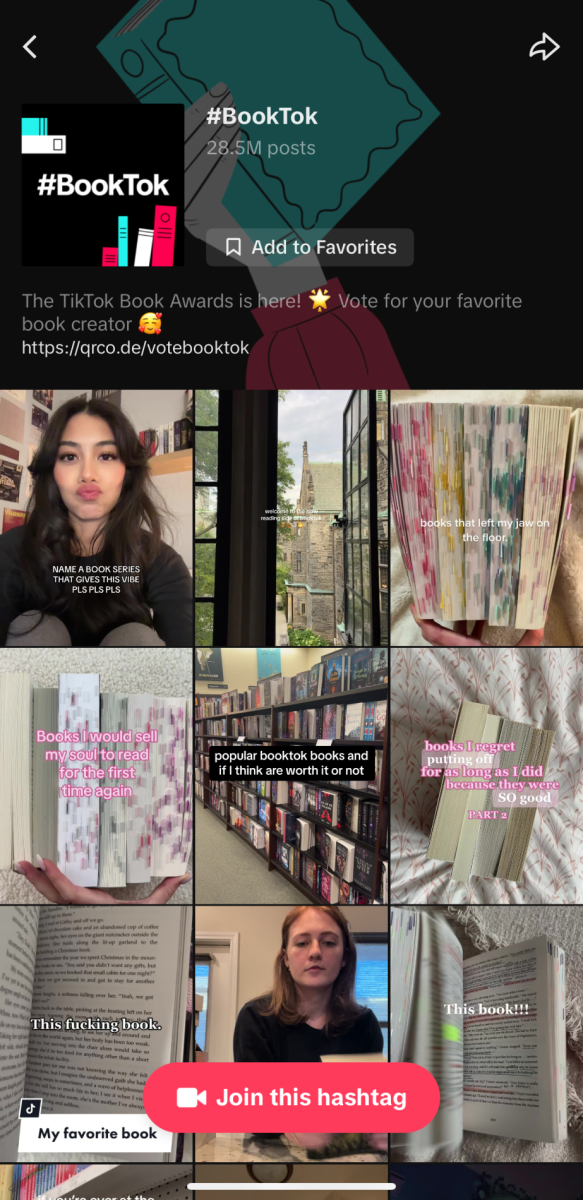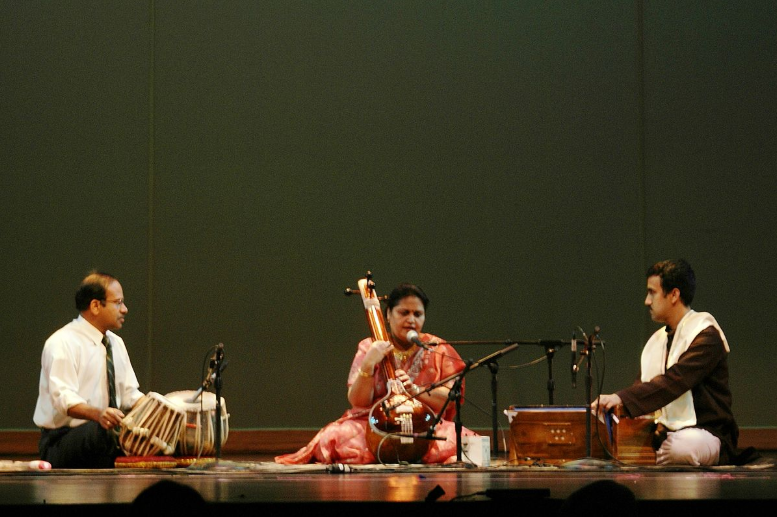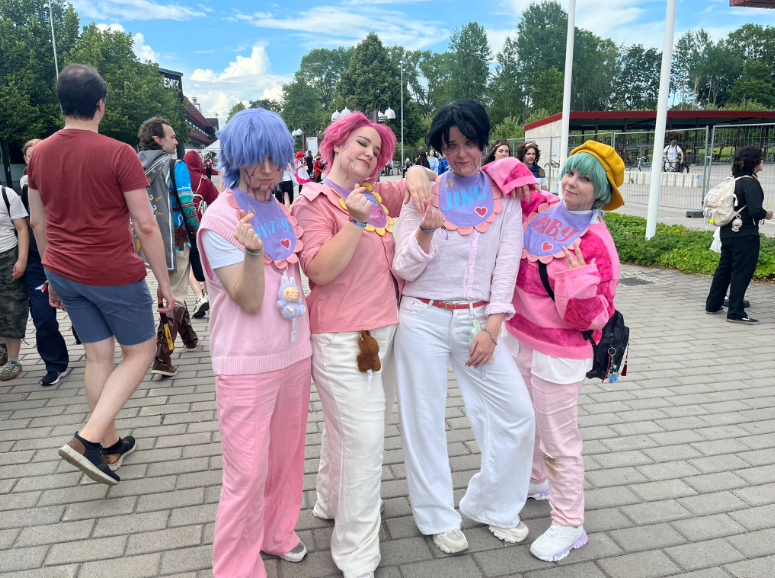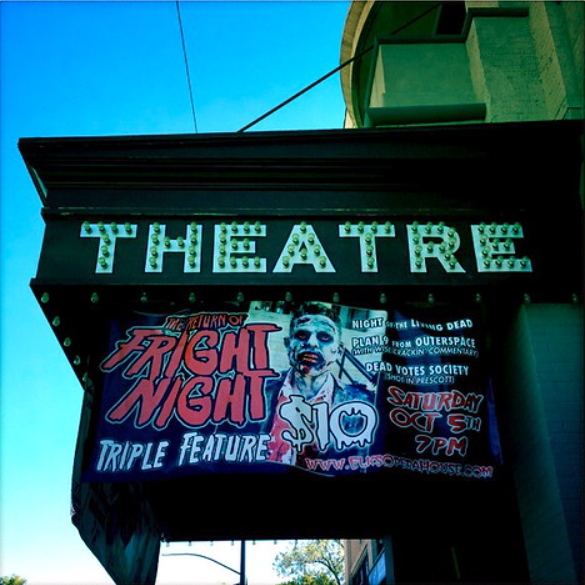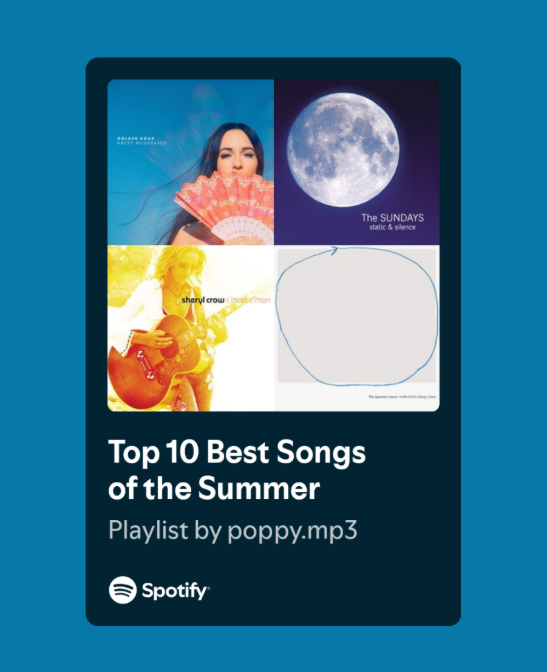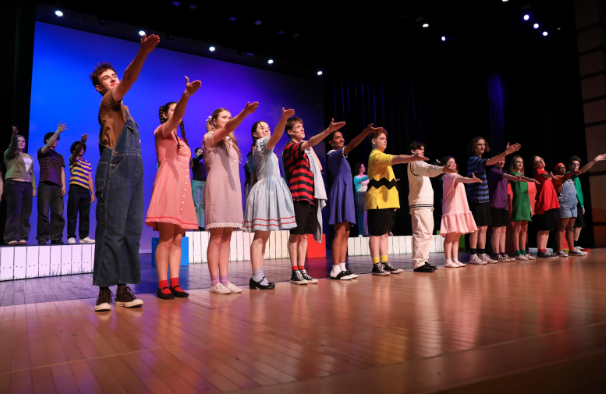During the early months of the COVID-19 quarantine, book lovers took to social media to fill the void left by social distancing. “BookTok” – the bookish side of TikTok – has exploded in the past few years, featuring thousands of both readers and authors in the platform’s short videos.
BookTok started as a leading platform for readers around the world to connect over their favorite books, but has morphed into a medium for authors to score huge publishing deals and overnight fame. The hashtag, with 156.9 billion total views, may look like an innocent array of book-lovers sharing their passion for literature. But for writers, it’s a battleground of mixed emotions. With these success stories – and the critical eye of readers – authors must leverage the good, the bad and the ugly of social media.
Ann Garvin Ph.D., a USA Today Bestselling author, sees book marketing as all about discoverability. The Wisconsin author, who has published four books, works closely with social media in her own promotional marketing as well as in the reading and writing communities.
“Social media, though exhausting and ever-changing, allows authors to find readers in ways they didn’t have before Facebook, Twitter, and now Instagram and TikTok,” she said.
Alysa Suleiman, 19, is a journalism student and aspiring author who runs a prominent BookTok account of her own, sharing writing tips to her 127,300 followers. On the platform, Suleiman noticed a “huge correlation” between the success of the authors’ posts and the success of their publishing.
She cites Alex Aster as a prime example. Aster, a Young Adult Fantasy author, became famous on TikTok after posting videos of her book’s synopsis; the attention she received from fans landed her a book offer and a Universal Pictures movie deal.
Aleena Rose, a young author who produces content for her 137,000 followers, agrees that social media can be an extremely effective tool for “prompting some authors to literary stardom.”
But Garvin, who runs a book marketing agency, says social media is “not as effective at selling books as one would think.” She explains that while social media can create new avenues for authors, measurements of success on the platforms don’t make or break the success of the book itself.
One of the reasons Aster, like many other authors, found TikTok fame was because she wrote in the fantasy genre, arguably the most popular genre on social media.
Natalie Frank, a young author from Neenah, WI, faced conflict when choosing the content of her writing because of this. Pursuing her interest in historical fiction, she self-published “When Sea Becomes Cemetery,” an epistolary novel about the German U505 submarine. But with the rise of fantasy and romance interest on social media, the rising Oberlin College sophomore found herself moving away from her desired genre and into the fold of the latest trends.
Suleiman had a similar experience; although interested in historical and contemporary fiction, she didn’t feel comfortable writing in those genres because they weren’t as “marketable” as fantasy and romance. She cited R.F. Kuang’s “The Poppy War” as an example of social media’s preference for certain genres: the fantasy book with historical undertones was not as immediately popular as the full fantasy books of Sarah J. Maas, another highly popular TikTok author.
Because of the pressures from the book community for authors to add certain elements in their books to make them more marketable or satisfying to readers, Suleiman often found it hard to separate her own passion for writing from the demands of social media.
“I definitely hit a lot of writer’s block,” she said.
“I fell into the narrative that I should mirror the tropes and structures of popular books,” Rose said, reflecting on writing her third novel. “A part of this stemmed from a popular marketing technique at the time; authors who centered their platforms around their success stories and their higher status in the literary world.”
Frank said she tries to actively distance herself from social media, detailing the implicit pressure from the book community to include certain tropes and plotlines into her stories. As a writer, she prioritizes the actual writing over the publicity measures BookTok stars take. While she recognizes the importance of social media presence, especially as a self-published author, she notes that having a large social media presence often means that marketing gets most of the focus.
“If you’re doing social media, you’re not writing,” she said. “My goal is to be an author, so I’m writing all the time.”
Meanwhile, Rose reflects positively on her social media experience. “Social media has given me a confidence I cannot put into words, as well as so much to be grateful for, seeing how many people have taken an interest in the field I once saw as a dream,” she said.
Despite how forcefully social media may pressure authors to change their plots in the interest of BookTok popularity, Garvin leaves a reassuring sentiment: social media fame is not the end-all be-all for authors.
“It’s more of a drip, drip than a tidal wave despite the stories of glory and ruin,” she said.



